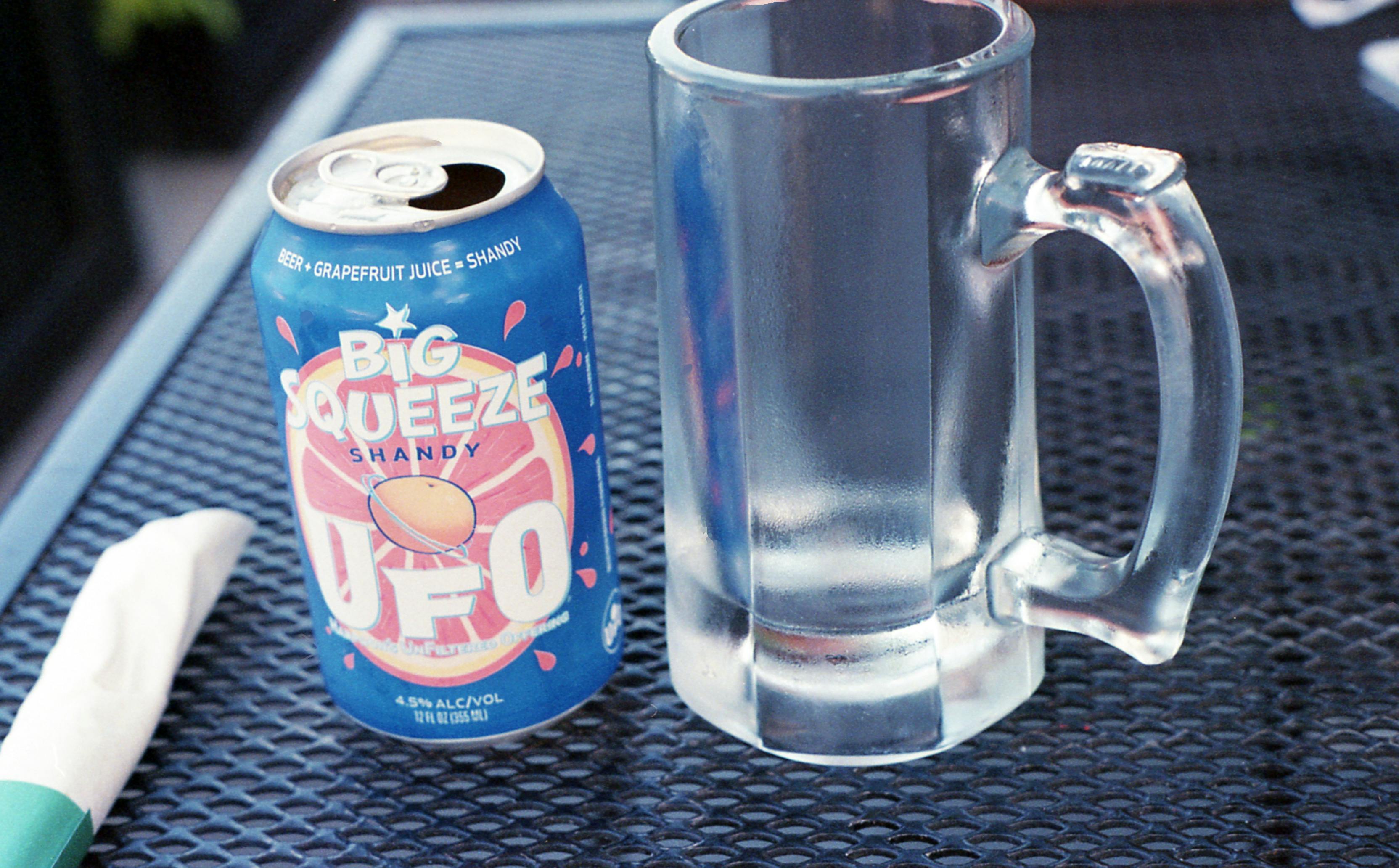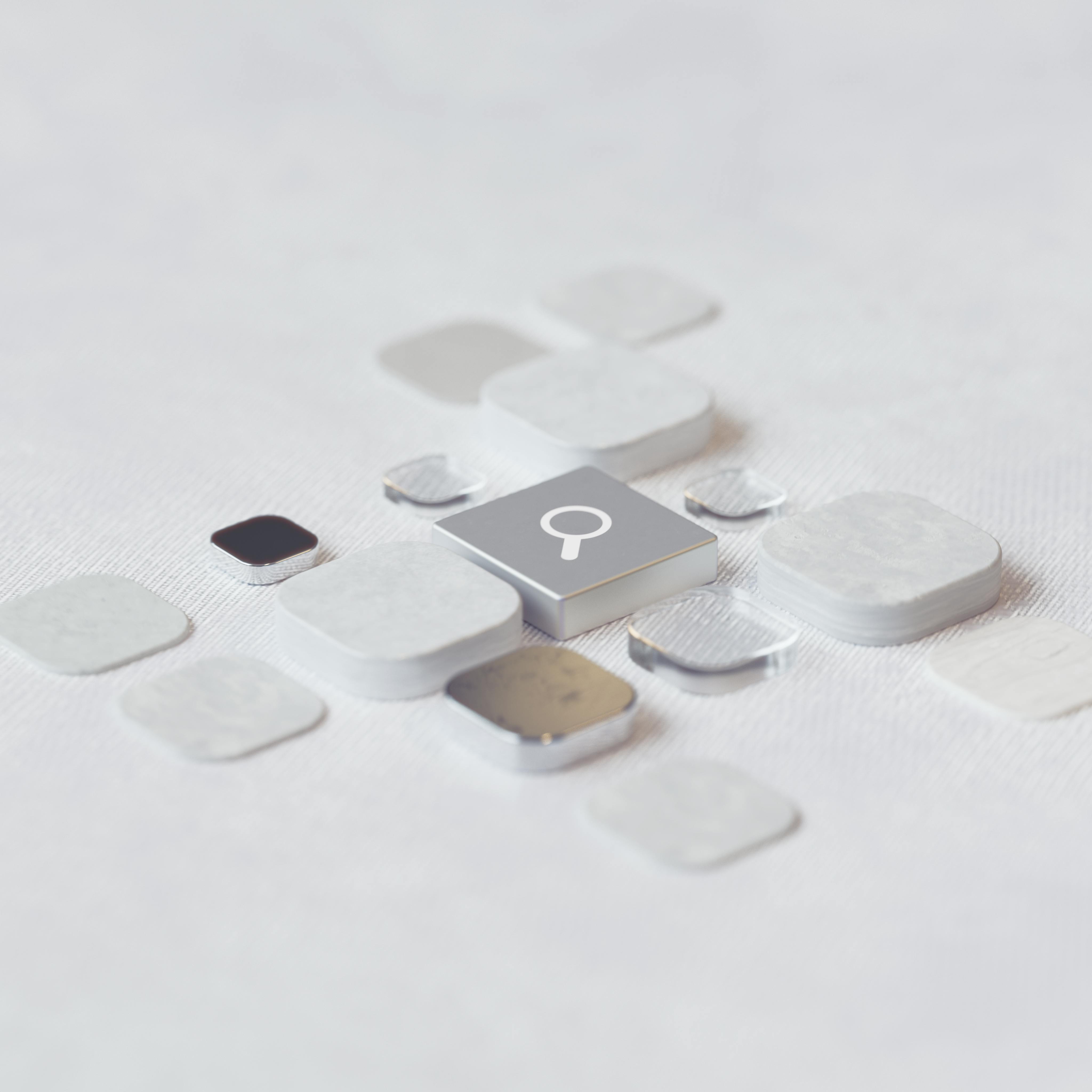
Understanding Ear Pressure and Its Effects During a Cold
Dealing with ear pressure during a cold can be quite discomforting. This occurs due to inflammation in the Eustachian tubes, which regulate ear pressure. When you catch a cold, these tubes can become blocked, leading to a sensation of fullness or pressure in the ears. Understanding how our sinuses and ears connect is essential to managing ear pressure effectively.
Ear pressure is often exacerbated by sinus congestion, meaning relief methods often intersect with treatments for sinus issues. Recognizing the symptoms, including ear discomfort, hearing changes, and possible pain, can help you identify the need for intervention. This article will guide you through effective techniques and remedies to relieve ear pressure associated with colds, including natural methods and everyday practices. By employing these methods, sufferers can alleviate discomfort and maintain ear health.
The exploration of practical ear pressure relief methods not only focuses on home remedies but also touches on when to seek professional help. As we unravel these techniques, expect to gain valuable insights into maintaining your ear health during the cold season.
Best Home Remedies for Clearing Ear Pressure
Home remedies serve as an effective first line of defense against ear pressure discomfort. Many individuals find relief through simple adjustments they can make at home. Common ear pressure causes include colds, allergies, and sinus infections, all of which can be managed with practical solutions.
Steam Inhalation for Ear Pressure Relief
One popular method is steam inhalation, which can relieve nasal and sinus pressure. By inhaling steam from hot water or using a humidifier, you can help open up the Eustachian tubes, making it easier for pressure to equalize. This technique is particularly beneficial as it can also soothe irritated nasal passages.
Warm Compresses for Ear Pain
Applying a warm compress to the ear can offer significant relief. The heat helps reduce inflammation and promotes drainage, alleviating the pressure built up in the ear. To do this, soak a clean cloth in warm water, wring it out, and place it against the affected ear for about 10-15 minutes.
Hydration's Role in Managing Ear Pressure
Staying hydrated is crucial for overall ear health. Drinking plenty of fluids aids in thinning mucus, which can prevent blockage in the Eustachian tubes. Additionally, warm teas or broths can provide soothing relief while contributing to hydration.
These home treatments for ear pressure offer practical approaches that can be easily integrated into your daily routine. As we move forward, we’ll explore more techniques that focus on relieving not just ear pressure but also address any related sinus discomfort.

Techniques for Equalizing Ear Pressure
Equalizing ear pressure is essential when dealing with discomfort, especially during or after a cold. Various techniques can help facilitate this and keep the ears healthy. Understanding the mechanics behind equalization will enhance the effectiveness of these methods.
Yawning and Swallowing Techniques
Yawning or swallowing can physically help equalize pressure in the ears. These actions activate the muscles in the Eustachian tubes, promoting their opening. When feeling pressure, try to yawn deliberately or swallow hard several times. This can significantly reduce pressure and improve comfort.
Coughing Techniques to Relieve Pressure
Another method involves gentle coughing. This can create a pressure change that may help relieve ear discomfort. Ensure that the cough is gentle, as forcing it can cause additional issues. Perform this technique several times, if needed, to reduce the sensation of fullness in the ears.
Pressure Equalization Exercises
There are specific exercises aimed at equalizing ear pressure. One effective exercise is the Valsalva maneuver: gently pinch your nose, close your mouth, and try to exhale. This creates pressure that can help pop open your ears and re-establish normal pressure levels. Remember to do this gently to avoid damaging the ears.
Using these techniques for equalizing ear pressure can alleviate discomfort when colds create pressure in the ears. Next, we will explore additional natural remedies that can provide further relief, especially for persistent issues arising from colds or sinus congestion.
Natural Remedies for Ear Pressure Management
Natural approaches to ear pressure relief can complement conventional methods and often carry fewer side effects. Many people prefer these solutions for minor discomforts associated with ear pressure from colds or allergies.
Essential Oils for Ear Relief
Essential oils, such as eucalyptus and peppermint, are beneficial for relieving congestion and reducing ear pressure. These oils can be diffused or diluted and applied around the ear area (never inside) to help reduce inflammation and discomfort. These natural remedies can enhance overall ear health during colds.
Acupuncture and Ear Pressure
Acupuncture is another natural method some people find helpful. This traditional technique addresses ear pressure by targeting specific points associated with sinus and ear health. Consulting with a certified professional can provide tailored strategies for relief and improve general well-being.
Homeopathy and Ear Care
Homeopathic remedies can also be effective for managing ear pressure. Specific formulations designed for sinus and ear issues may help alleviate these symptoms naturally. Consulting with a homeopathic practitioner can help identify the most suitable remedies for your needs.
Exploring these natural remedies offers an opportunity to treat ear pressure in a manner that aligns with personal health philosophies. In the following section, we'll share insights on when to seek medical attention for ear pressure and additional preventative measures you can employ.

When to See a Doctor for Ear Pressure
While many can find relief at home, certain symptoms necessitate professional evaluation. Recognizing when ear pressure discomfort is serious can be vital. Symptoms to monitor include persistent pain, fluid drainage from the ear, and sudden changes in hearing.
Signs of Possible Ear Infections
Ear infections may be indicated by pain, fever, and irritability. If cold symptoms accompany significant ear pressure, persist beyond several days, or worsen, it is advisable to consult a healthcare professional who can diagnose any complications that may arise, such as an ear infection.
Persistent Symptoms and Complications
If symptoms last longer than a week or are severe, this could indicate other issues, including Eustachian tube dysfunction. Timely intervention can prevent complications such as hearing loss or chronic ear issues, emphasizing the importance of listening to your body’s signals.
Planning for Future Ear Health
Maintaining ear health involves not only treating issues as they arise but also taking proactive measures. Regular check-ups with a healthcare provider can ensure that any potential problems are monitored, and adopting a healthy lifestyle can support overall ear and sinus health.
Understanding the types of ear pressure relief methods and knowing when to seek help can significantly enhance your comfort during cold seasons. We conclude this comprehensive discussion with a quick Q&A segment, answering common questions related to ear pressure and colds.
Quick Q&A for Ear Pressure Relief
What is the most effective method for relieving ear pressure from colds?
The most effective method often involves a combination of steam inhalation, swallowing, and gentle yawning techniques. These methods help in equalizing pressure efficiently.
Can over-the-counter medications help with ear pressure relief?
Yes, decongestants and antihistamines can aid in reducing ear pressure by relieving underlying sinus congestion. Always consult with a healthcare professional before starting any medications.
Are there preventive measures to avoid ear pressure during colds?
Maintaining hydration, practicing good nasal hygiene, and using saline sprays can prevent excessive ear pressure and promote overall ear health. It's also crucial to avoid allergens when possible.
How long does ear pressure last after a cold?
Ear pressure can vary by individual; however, it often resolves within a week after cold symptoms subside. If the discomfort persists, consult a healthcare professional.
By understanding ear pressure relief techniques, home remedies, and knowing when to seek medical advice, you can navigate the discomfort associated with colds more effectively. Remember to prioritize your ear health, especially during those cold seasons when symptoms arise.
```